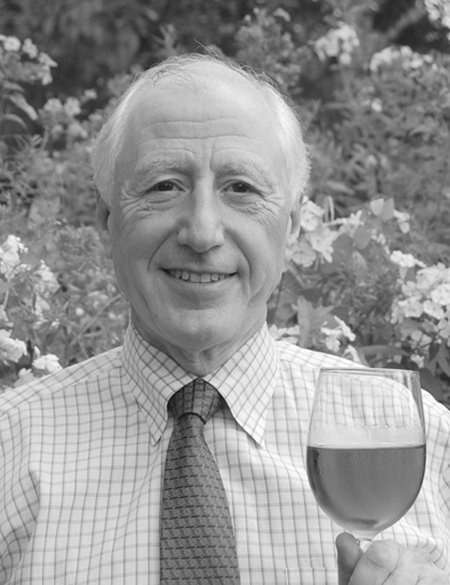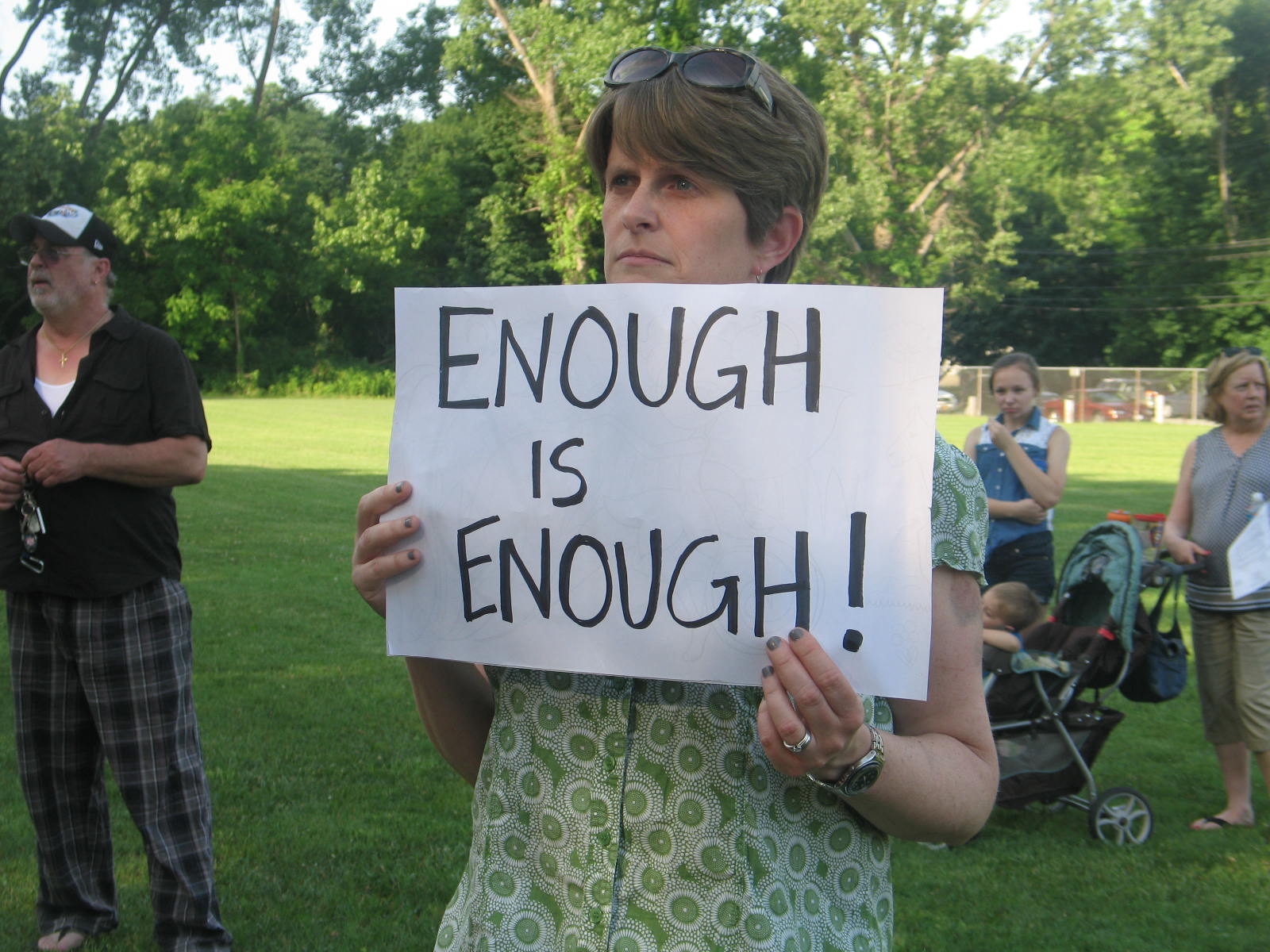Debate Heats Up as FASNY Bid Heads to Public Hearing
It has been almost three years since the French American School of New York (FASNY) purchased the former Ridgeway Country Club in a residential neighborhood in White Plains with the intention to build a regional educational campus holding grades K-12 and a nursery school.
From day one of notice that the property had been purchased by FASNY and a special permit to build a school would be sought, the Gedney Association representing the immediate neighborhood has stood in opposition.
As FASNY completed the State Environmental Quality Review (SEQRA) process this spring, the Gedney Association made a bold step by suing the City of White Plains, its mayor and members of the Common Council who had voted to accept the Final Environmental Impact Statement as complete. They claimed breach of SEQRA process and violation of the Open Meetings Law of the State of New York and asked for a reversal of the Common Council’s vote to accept.
The City of White Plains and FASNY responded by putting forward a motion to dismiss the Gedney suit.
When Hon. Joan B. Lefkowtiz released her New York State Supreme Court decision on June 16, dismissing all but one of the 12 points claimed by the Gedney Association and calling the one outstanding pertaining to the Open Meetings law “sparse and weak” FASNY was quick to claim victory in a broadly distributed press release. But, the Gedney Association was not far behind claiming victory in its own right.
In an interview with Dennis Lynch, an attorney with the Nyack-based law firm Feerick Lynch MacCartney PLLC, representing the Gedney Association, The White Plains Examiner was informed that the judge had not actually dismissed the Gedney Association’s claims but had merely indicated they were not “ripe” at this stage of the FASNY application process because approval of the Special Permit or “action” had not yet occurred.
In an email Lynch explained: “After the Court Decision, our Complaint has not been dismissed. FASNY (and the City) claimed in their Motion that the Gedney Associates had no “standing” to sue in the Court. The Court clearly rejected that legal argument. FASNY (and the City) claimed we had not stated an Open Meetings Law Claim. That Court rejected that legal argument. What the Court did say was that our other claims were not “ripe” for any determination until the Special Permit is decided. Otherwise stated, the Court never reached a decision on the merits of our other claims, but said it is too early in the process for the Court to decide those claims.”
Lynch further said during the interview that in an affidavit supplied by the City’s Legal Counsel and Chief of Staff, John Callahan, references to one-on-one meetings between individual council members and Callahan where he acknowledges discussion of the FASNY Environmental Impact Statement and even possible changes to that document took place, there is proof of violation of the Open Meetings Law.
In that affidavit, which was supplied to The White Plains Examiner, Callahan states that “the Petition fails to allege any meeting or meetings that were held, not previously noticed and open to the public, at which there was a quorum (four or more) of the Common Council present and at which FASNY’s application was discussed. … At no time during the SEQRA review, was there a meeting of a quorum of the Common Council to discuss the Findings in a non-public meeting.”
In an interview with John Callahan on Friday, he said he meets with members of the Council one-on-one regularly and on a daily basis so they can carry out their obligations as members of the Council.
“There was no violation of Open Meetings Law. What the plaintiffs are saying is untrue,” he said.
A phone interview on Monday with Robert Freeman, Executive Director, NY State Department of State Committee on Open Government, provided this response: “Unless there is a quorum, the Open Meetings Law does not apply.”
At this point both sides are making their responses to the judge’s decision.
At the same time, in the court of public opinion the debate about whether or not the first public hearing on FASNY’s Special Permit application scheduled for July 7 during the regular monthly meeting of the Common Council is appropriate rages on.
Lynch told the Examiner that developers always want a mid-summer vacation hearing when the public is away. He said the Council should acknowledge the request by the Gedney Association and the White Plains Council of Neighborhood Associations to move the first hearing to September.
On that count, FASNY’s attorney Michael Zarin, partner in the White Plains law firm Zarin & Steinmetz, said it is the legal obligation of the Common Council to hold the first public hearing within 45 days of the application for the Special Permit.
Since that application has been made, it seems legally the date is locked in.


